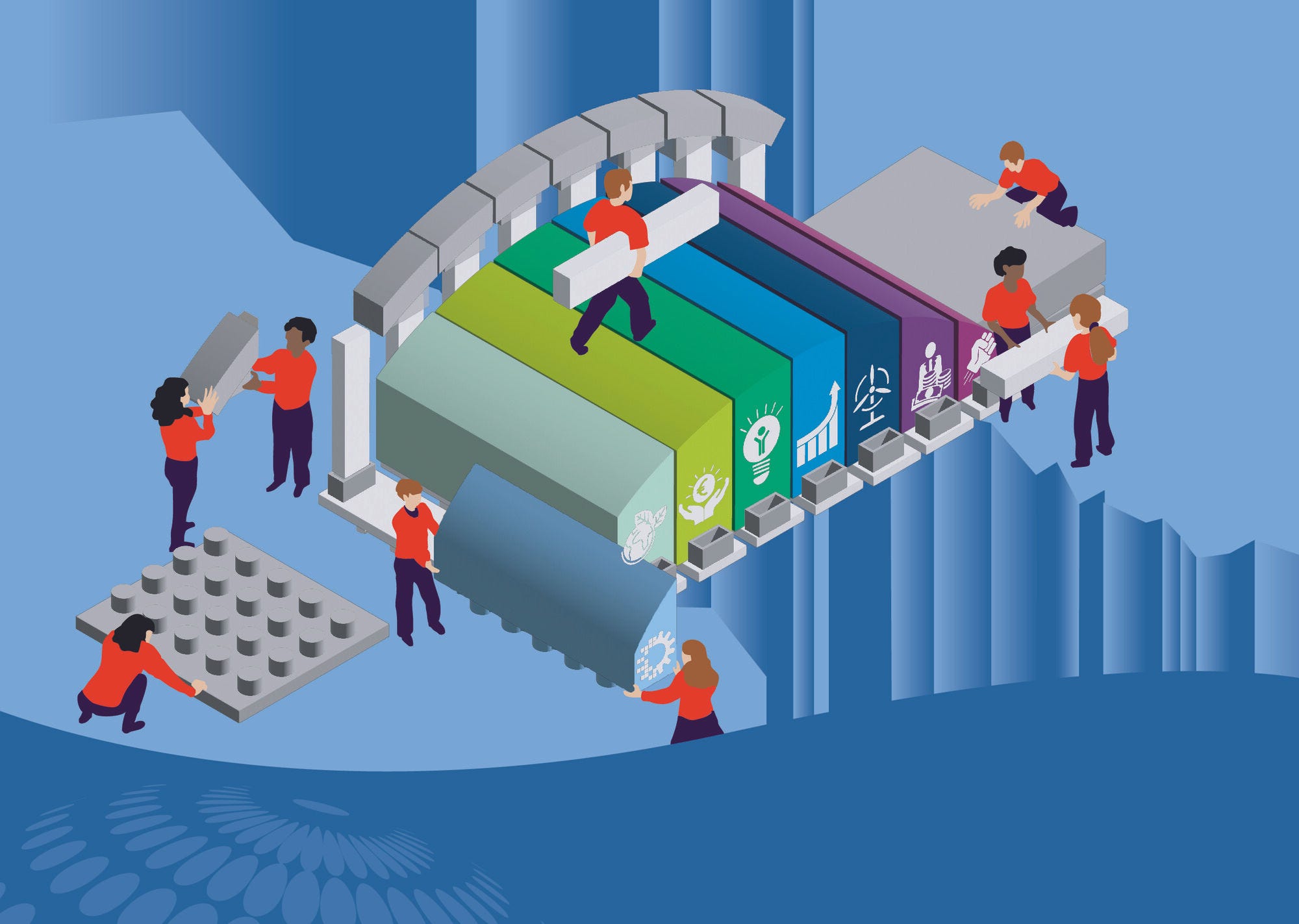This paper provides an analysis of the diverse range of SME and entrepreneurship policy measures implemented during the course of a year since the start of the COVID-19 crisis, with a view to identify lessons learned and implications for policy going forward, and assist governments build evidence-based policies to support SME recovery and resilience. The paper documents how SMEs were at the centre of the disruptions at the start of the pandemic and that one year later they stand in an even more precarious position, in particular young firms and start-ups, the self-employed, as well as women-led or minority-owned businesses. Governments acted swiftly to put in place ambitious support for SMEs and entrepreneurs, but one year into the pandemic, they are facing a complex dilemma that emergency liquidity support remains essential but at the same time it is not sustainable over the longer term and may have potential negative effects that need to be addressed to support the recovery. This paper formulates 15 lessons learned to help governments address three challenges: First, to continue support measures to avoid a liquidity crisis among SMEs while minimising the negative side effects; Second, to ensure that the gradual phase out of this emergency support does not create an SME solvency crisis; And third, to introduce effective policies that foster SME recovery.
One year of SME and entrepreneurship policy responses to COVID-19: Lessons learned to “build back better”
Policy paper
OECD Policy Responses to Coronavirus (COVID-19)

Share
Facebook
Twitter
LinkedIn
Abstract
In the same series
-
 Policy paper11 October 2022
Policy paper11 October 2022 -
 Policy paper30 August 2022
Policy paper30 August 2022 -
 21 April 2022
21 April 2022 -
 Policy paper17 March 2022
Policy paper17 March 2022 -
 Policy paper17 March 2022
Policy paper17 March 2022
Related publications
-
 Working paper12 November 2024
Working paper12 November 2024 -
 Case study10 June 2024
Case study10 June 2024






